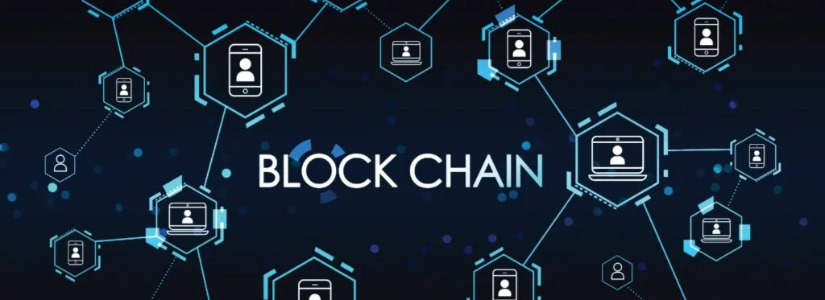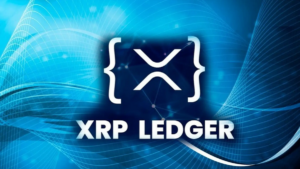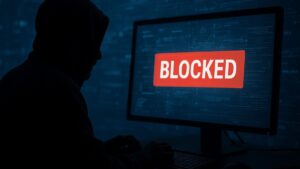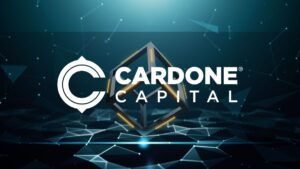TL;DR
- The Solana Policy Institute and firms like Phantom, Superstate, and Orca proposed to the SEC the legalization of tokenized securities without intermediaries.
- They argue that blockchain infrastructures, being autonomous and non-custodial, should not be regulated like traditional exchanges or brokers.
- They’re requesting regulatory exemptions and an official framework for issuing and trading securities on blockchain, with instant settlement and greater transparency.
The Solana Policy Institute and a group of developers have submitted a series of proposals to the U.S. Securities and Exchange Commission aimed at regulating the issuance and trading of tokenized securities on blockchain networks.
The document, drafted in collaboration with Phantom, Superstate, and Orca, proposes a legal update that would allow traditional assets such as stocks, bonds, and funds to move onto decentralized infrastructures without replicating the intermediary-heavy model that defines the current financial system.
The initiative claims that blockchain infrastructures operate autonomously and without holding custody of funds, and therefore should not be subject to the same legal treatment as exchanges, brokers, or clearinghouses. According to the institute, these platforms function as neutral systems where users retain direct control over their assets and transactions are executed without intermediaries acting on behalf of third parties.
The Solana Policy Institute’s proposal is part of Project Open, an initiative launched in April this year that aims to modernize capital markets through the tokenization of traditional financial assets. In this new phase, the group is asking the SEC to grant regulatory exemptions for decentralized protocols that neither act as custodians nor interfere in peer-to-peer transactions.
Solana Requests an Official Framework for Securities Issuance and Trading
Additionally, the document calls on the SEC to provide official guidance on how securities can be issued and traded on blockchain networks in compliance with existing regulations. The core argument is that decentralized infrastructure can deliver instant settlements, lower operating costs, and continuous transparency, while still upholding the investor protection standards that govern U.S. securities markets.
The Solana Policy Institute emphasized that allowing asset tokenization under this framework would not only improve access to financial markets around the clock but also preserve the crypto industry’s ability to innovate without compromising essential regulatory standards.
After years of friction and rigid positions, U.S. authorities are beginning to show greater openness to discussing specific legal frameworks for blockchain activity. If this proposal moves forward, it would create a clear path for stocks, bonds, and funds to be traded in a decentralized manner













